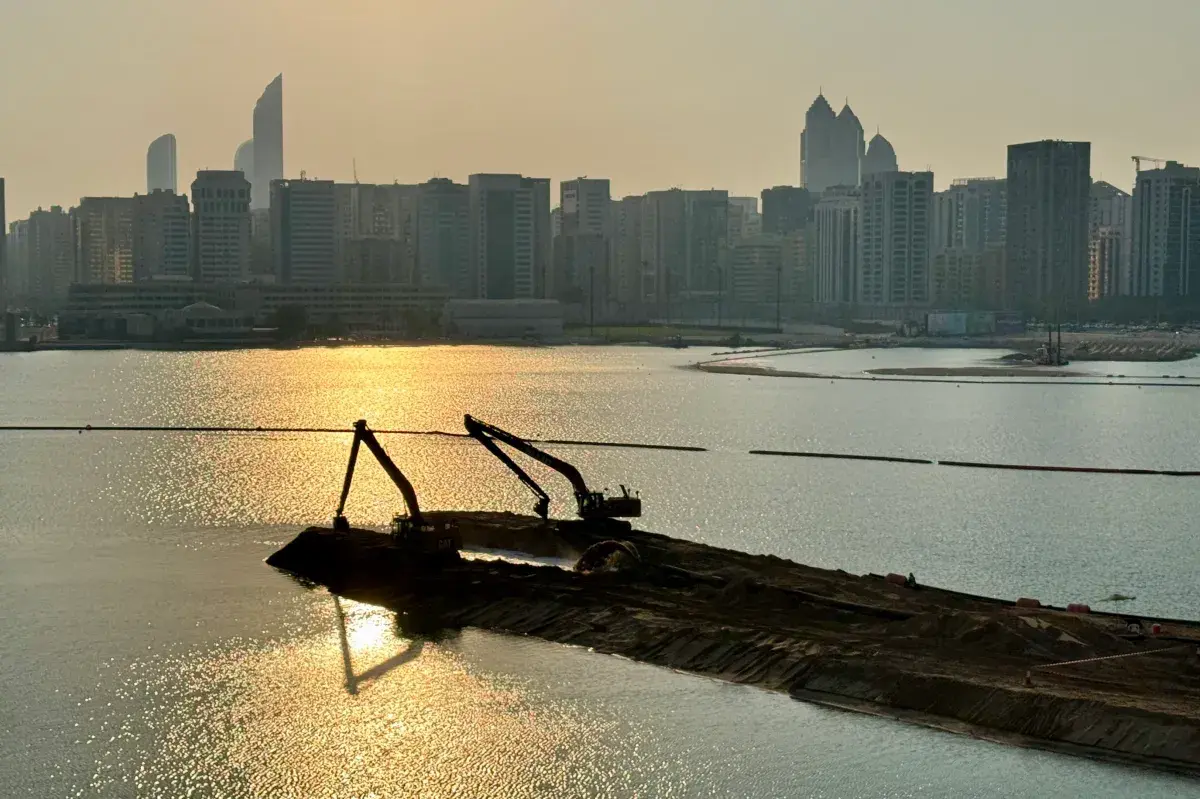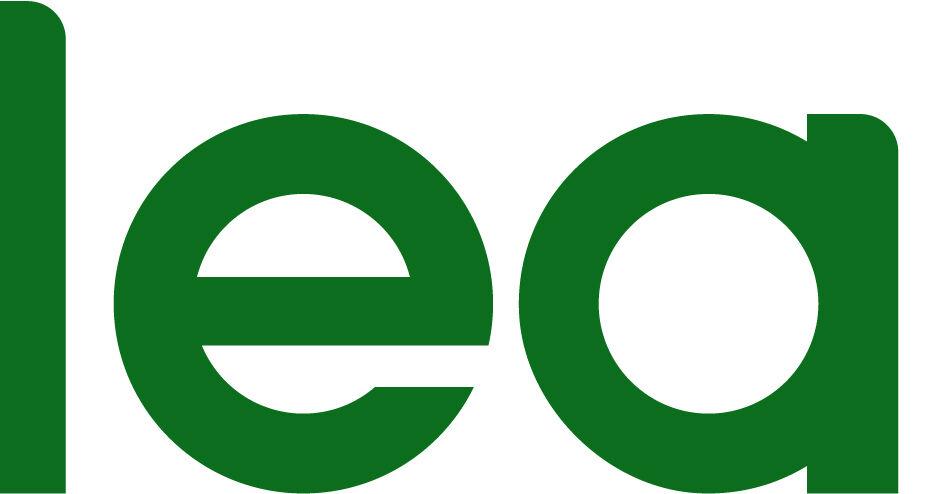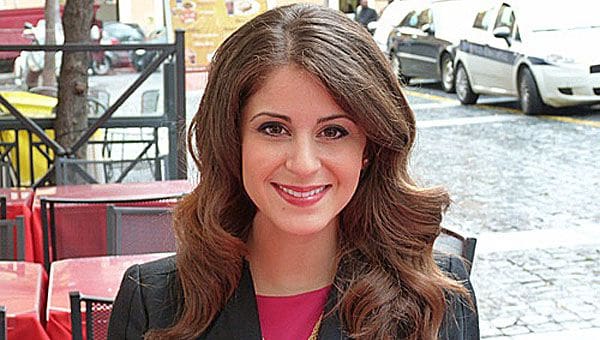Copyright Newsweek

Rivalries may be deepening between the world’s biggest economic powers, but fast-growing Middle Eastern financial center Abu Dhabi aims to seal its place as a hub for them and the rest of the world. The capital of the United Arab Emirates, Abu Dhabi got a later start on becoming a financial hub than the country’s biggest city, Dubai, but it now aims to be one of the top five global financial centers in the next 10 years—alongside such places as New York, London, Singapore and Hong Kong. Abu Dhabi Global Market (ADGM) is Abu Dhabi's international financial center and its free economic zone. “We are starting to see the world is more multipolar. You're seeing that in many ways. People are looking for new hubs. We believe Abu Dhabi is that,” Arvind Ramamurthy, ADGM’s chief market development officer, told Newsweek in an interview in Abu Dhabi. “We are fundamentally open to business. We work with everyone, whoever.” “Since the beginning of the year, I've been to China three times. I've been to India twice, but actually going to India again. I was in New York two weeks ago. I was in London a week ago…. I've been in Japan…. We cover all these markets, and we see the UAE and Abu Dhabi and ADGM being that gateway for those capital flows.” Since starting as a financial hub in 2015, Abu Dhabi now has more than 300 financial firms, which manage a combined $28.6 trillion in assets—not far short of the value of America’s entire annual gross domestic product. From 2015 through the end of 2024, it said it had an average annual growth in assets under management of 123 percent. Beyond the specifics of Abu Dhabi’s financial regulatory environment—and some of the world’s lowest taxes±selling points include the fact that it has been ranked the world’s safest city for nine years in a row and that it is home to three of the world’s largest sovereign wealth funds. The New GMT Ramamurthy also said that where GMT had been the world’s central time zone when the United Kingdom was key to the global economy, that was now shifting in the direction of Abu Dhabi. “My view is that this is GMT. The zero of the future,” Ramamurthy said. “If you look at our kind of positioning between East and West, I've got managers who sit here and start the day covering Japan and who work long hours anyway to actually cover the USA.” The closeness of the UAE to President Donald Trump has underscored its pivotal position in the Middle East and beyond as the U.S. administration seeks to reshape the region with agreements between Arab countries and Israel. The UAE was in the vanguard of the Abraham Accords with Israel in the first Trump presidency. “The UAE is a critical strategic partner in advancing America’s economic security and technology leadership,” Under Secretary of State Jacob Helberg wrote on social media this month during a visit. Like other countries in the region, Abu Dhabi’s push to become a major financial hub is driven in part by a need to diversify away from the oil revenues that have been the bedrock of its wealth. Now, it is also becoming a leading player in artificial intelligence. “Whether you look at the energy transition, you look at what we're doing, for example, in AI and technology, you look at what we're doing across multiple things: health care, life sciences, it's cutting edge,” said Ramamurthy.



